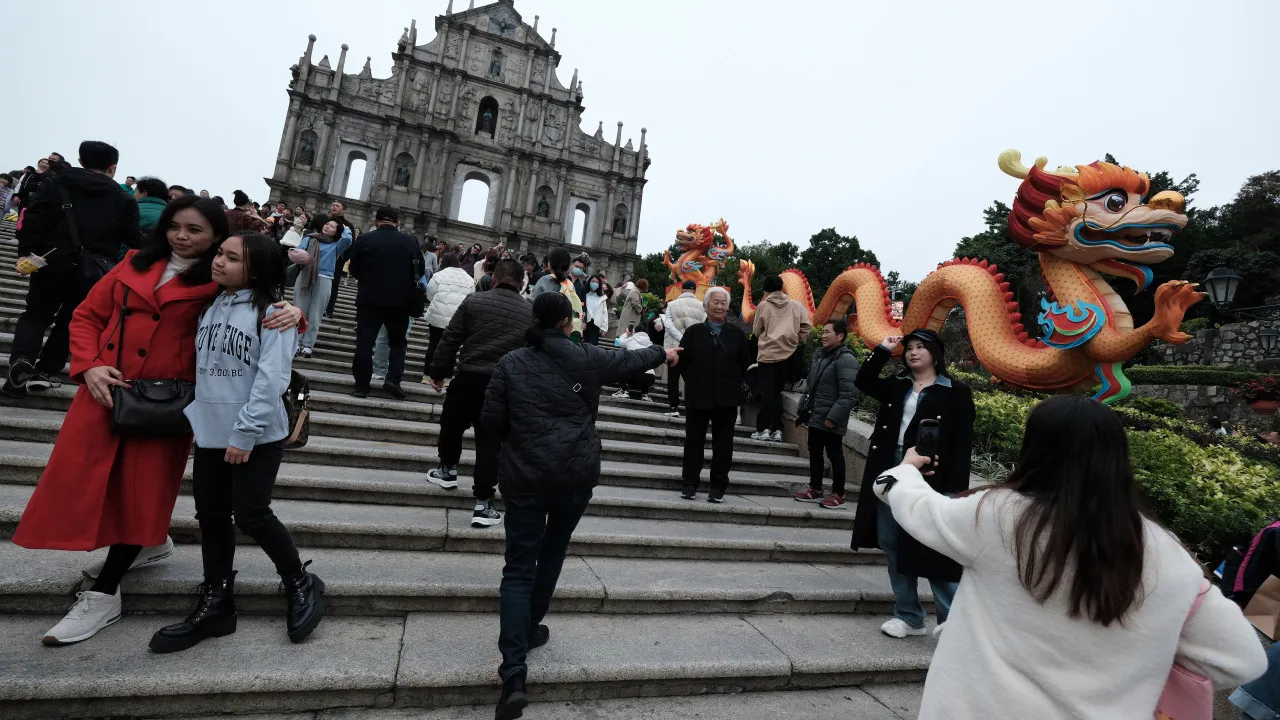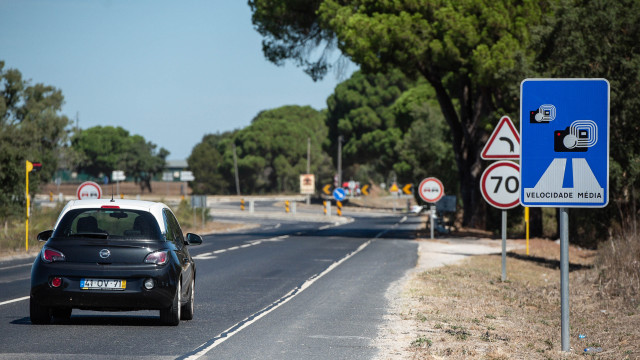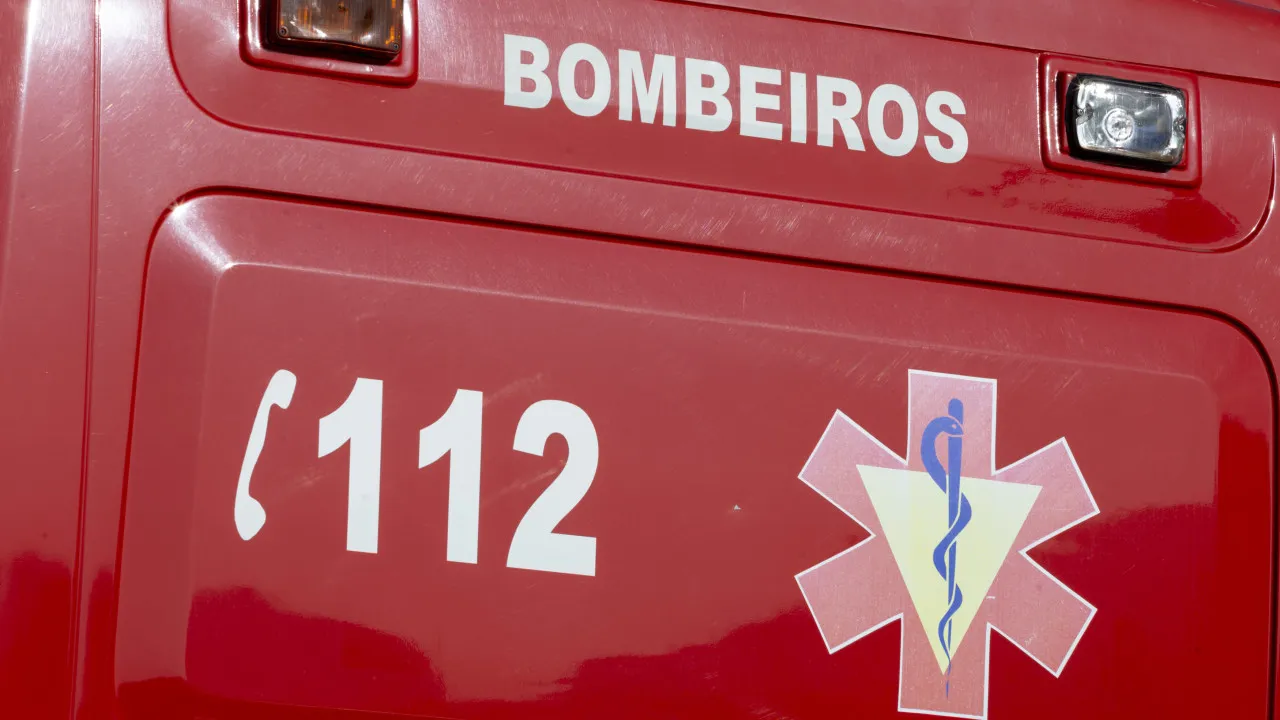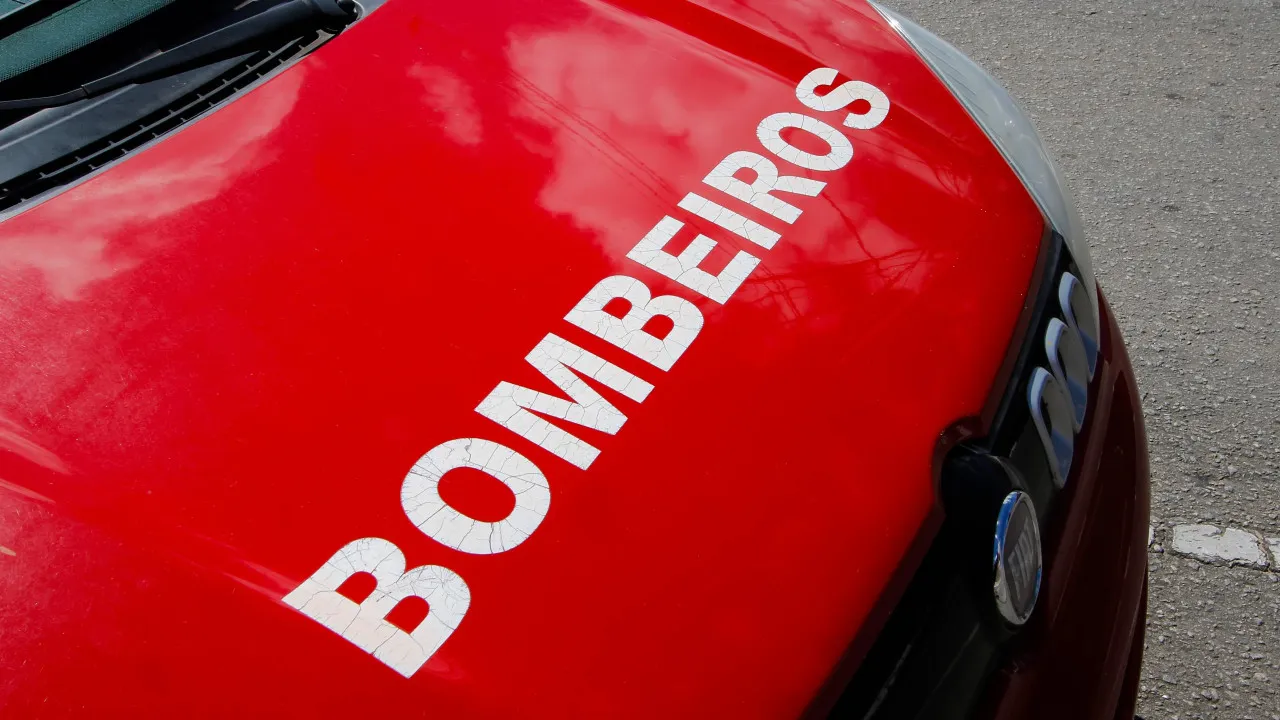
The Na Tcha Temple, a Chinese sanctuary, and the Ruins of St. Paul, the facade of the former 17th-century Catholic Church of Mater Dei, stand side by side in Macau’s historic center. Families gather for morning photographs at the base of the iconic stone staircase of the ruins.
“I like the [Portuguese] paving, it’s special,” said Alina Wang, a tourist from Shanghai. Her eight-year-old son, York Xiong, added, “The buildings are beautiful.” However, not everyone in the family knows the history behind Macau’s landmark, reduced to a facade after fires. Patriarch Li Zijian claimed it was destroyed during World War II.
Nearby, another family from Xi’an associates the image of the ruins with a Japanese bombing in the Great War.
Twenty years ago, on July 15, 2005, the historic center of Macau, a blend of 22 structures combining Portuguese and Chinese architecture, was listed as a UNESCO World Heritage site.
This milestone for the city’s heritage, noted by the Macau Tourism Office, attracted more tourists, changing the visitor profile, who no longer cross the border solely to gamble.
“This changed Macau’s image from a ‘gambling city’ to a cultural destination, setting it apart in the Asia-Pacific region,” stated the office.
Since 2005, the tourism sector has been developing at an “accelerated pace,” said the government department via email. Macau’s visitor numbers surged from 16.14 million in 2005 to 34.93 million in 2024.
A visitor study conducted by the Tourism Office this year indicated that 53.3% of tourists come to the region for its heritage, outnumbering those coming for shopping (33.7%) and those drawn by gastronomy (18.5%).
For Lei Ip Fei, historian and former member of the Macau Cultural Heritage Council, UNESCO’s status elevated Macau’s global profile. “Gambling boosted the economy in the short term, culture should drive long-term growth,” he told the press.
Macau’s economy heavily relies on casinos, which account for 80% of public revenue, with the semi-autonomous Chinese region’s government expecting to collect 79.8 billion patacas (9.1 billion euros) from gaming taxes this year.
While heritage listing helps diversify tourist profiles, it’s important to consider the city’s daily residents, noted Ka Nok Lo, vice president of the Macau Heritage Ambassadors Association.
In an interview, he warned against turning Macau into a “Disneyland,” advocating for a balance between tourism and residents’ needs.
“Museums should serve the community, as should libraries and bookstores, not just tourists,” he said.
Ka further highlighted the lack of a narrative linking UNESCO’s distinguished sites. “There’s no story connecting these monuments,” he said.
One of Macau’s government’s main goals is economic diversification to lessen reliance on the gaming industry by developing new sectors.
These sectors include integrated tourism and leisure, traditional Chinese medicine (TCM) and “big health,” modern financial services, high and new technology, conventions and exhibitions, sports, and commerce.
However, the allure of casinos is undeniable, as evidenced by the families from Shanghai and Xi’an. Following their historical tour, their visit continues to the modern gaming resorts in Cotai, highlighting Macau’s dual role as a gaming and cultural heritage destination.




